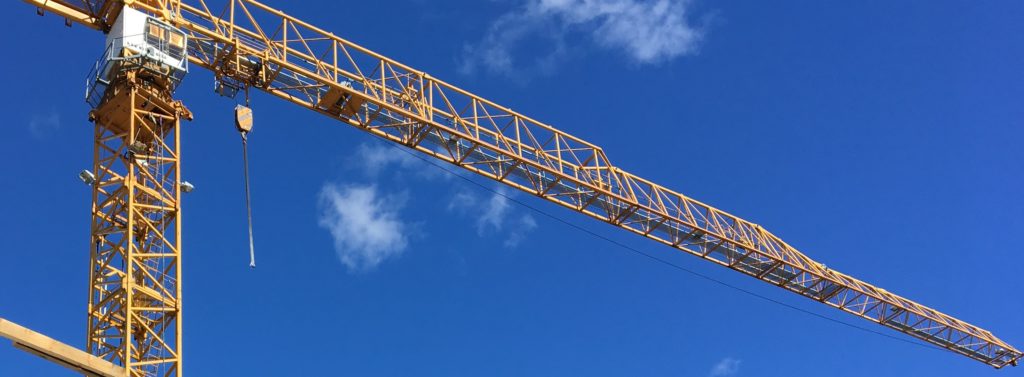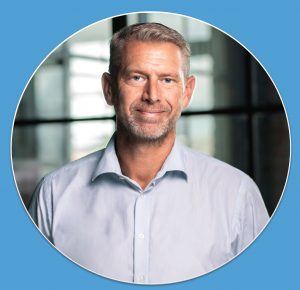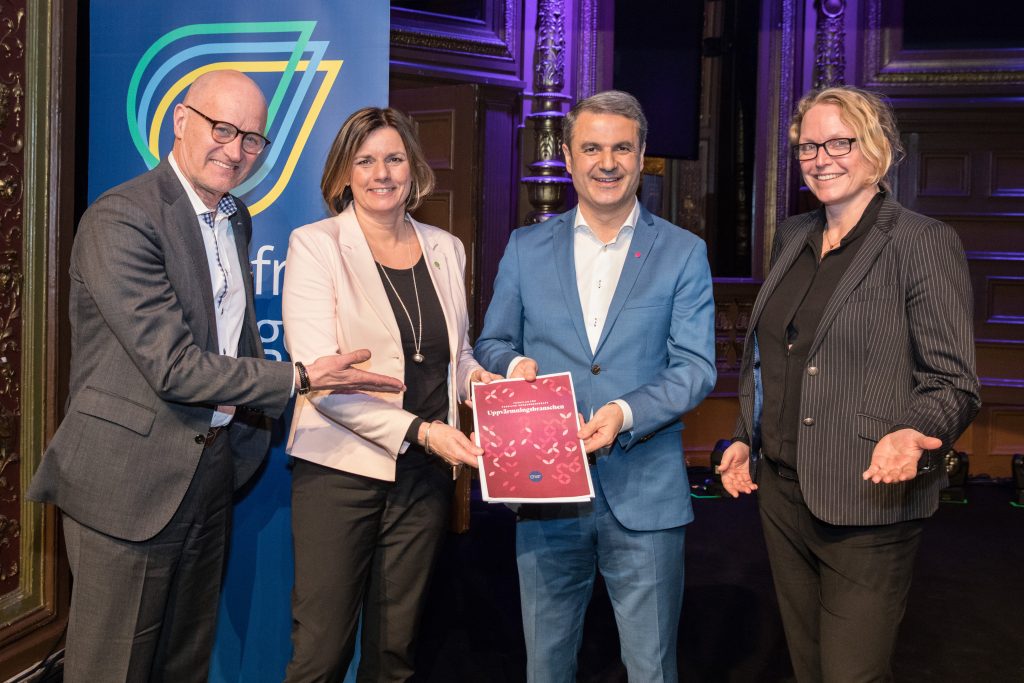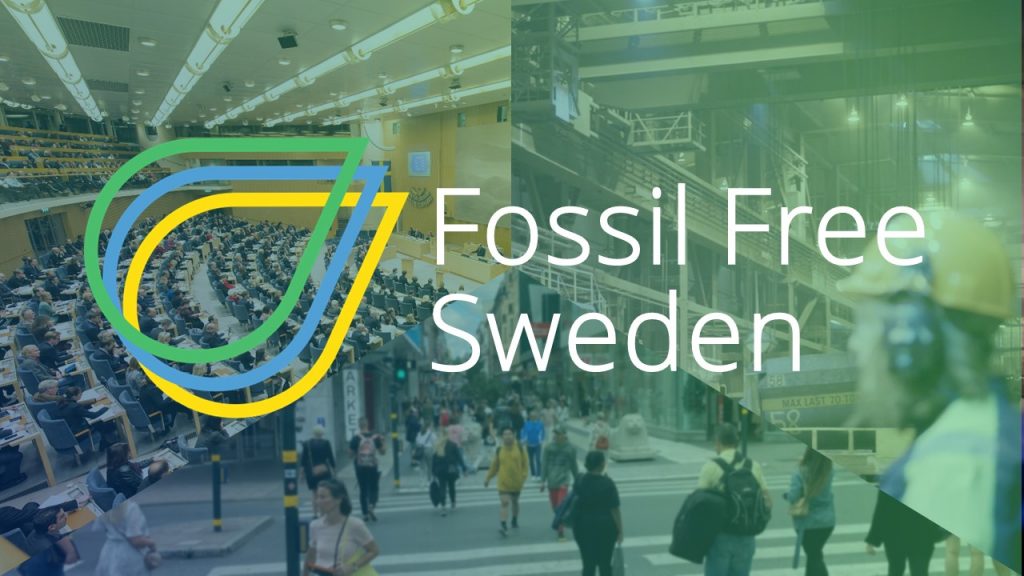
The journey to a fossil-free Sweden
Industry is going for zero to return a profit
Roadmaps for fossil-free competitiveness lead the way
Companies see the competitive advantages
When society makes its transition, the biggest changes will be made in industry. But in Sweden we can see how the business sector is not only ready to make the transition, but also sees competitive advantages in leading developments.
In an interview study of business leaders in the Nordic countries, they highlight what is driving climate work:
- Creates new business opportunities
- How improving energy and material efficiency cuts costs
- Increased demand from customers leading to increased sales
- Helps to meet public procurement requirements.

– Our customers will face increased expectations from their customers and other stakeholders to take responsibility for the environment throughout their value chain. There is a demand for a completely fossil free value chain.
Martin Lindqvist, CEO, SSAB

– Our customers will face increased expectations from their customers and other stakeholders to take responsibility for the environment throughout their value chain. There is a demand for a completely fossil free value chain.
Helena Helmersson, CEO, H&M Group

– The momentum for electrification is stronger than ever. Our customers need large volumes of high-quality batteries with a low CO2 footprint, and Europe must build a fully regionalized value chain to support them.
Peter Carlsson, CEO, Northvolt
Roadmaps for fossil-free competitiveness
In the roadmaps presented to the Government, industries describe how they will become fossil free or climate neutral by 2045. They describe which measures of their own they are going to take and what they need from the political sphere to be able to do this. Taken together, these roadmaps cover more than 70 per cent of Sweden’s territorial emissions of greenhouse gases.

The industry targets include the following:
- The steel industry accounts for 11 per cent of emissions. Their target is to be fossil free in 2045. HYBRIT, a cooperative venture between SSAB, LKAB and Vattenfall, is developing fossil free steel that uses hydrogen instead of coking coal. This is expected to already be on the market in 2035.
- The mining and mineral industry is investing heavily in electrification and automation, and their target is for actual mining operations to be fully fossil free by 2035.
- The cement industry wants to use Carbon Capture and Storage (CCS) on a large scale – if the conditions are put in place, this can be reality by 2030.
- In the transport industries we see how aviation has fossil free domestic air services by 2030 as a target, chiefly to be achieved with the aid of biofuel. In the longer term, electrification will also be part of the solution.
- The heating sector is going move towards being climate positive with the aid of CCS technology in biopower stations (BECCS, Bio Energy Carbon Capture and Storage).
- Agriculture aims to be free from fossil fuels in 2030.
Politics clears the way

Industry will not be able to implement the roadmaps on its own; politics must first put the conditions in place. This is to do with being involved and taking risks in investment decisions, shortening permit application processes for electricity grid expansion, making a CCS initiative possible and so on.
Fossil Free Sweden

Fossil Free Sweden is an initiative, commissioned by the Government, to gather the forces in society that want to contribute to achieving the goals. This involves creating conditions for the business sector, municipalities and regions to achieve their goals by presenting proposals to the Riksdag and the Government but also by gathering actors around specific measures to reduce emissions.


